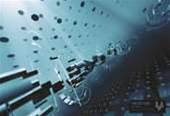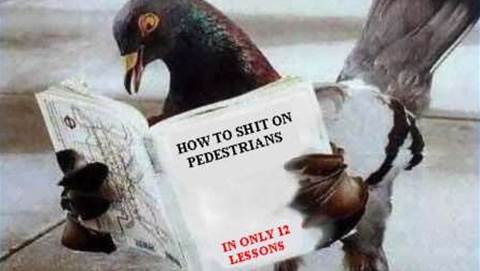Australian nanotechnology researchers should work more closely with the industry, a report by the Australian Academy of Science (AAS) has found.

The report (pdf), which was launched this week, found that although Australia had a strong research sector, nanotechnology was mostly at the earliest stages of development.
Researchers needed a better understanding of industry problems to move from basic and applied research stages to commercialisation, the AAS reported.
"To improve translation of this basic and applied research into commercial outcomes requires enhanced communication between the research sector and industry," an AAS spokesperson told iTnews.
"[This includes] improved communication of industry problems to researchers to enable focusing of current research," she said.
A 2005 report by the Prime Minister's Science, Engineering and Innovation Council estimated that 15 percent of global manufacturing would incorporate nanotechnology by 2014.
Australia had the potential to translate emerging nanotechnology research into high-skill, high-wage employment opportunities, the AAS reported.
The AAS calculated Australia's nanotechnology publication rate by representing the amount of nanotechnology reseach that was published as a percentage of all science publications.
Australia was found to produce nanotechnology research at 90 percent of the "world average" rate. In 2004, the AAS found that Australia was only publishing at 60 to 70 percent of the world average rate.
The report also found that Australia was highly invested in international collaborations, with 65 percent of Australian nanotechnology publications involving international research partners, who were most frequently from the US, China, England, Germany and Japan.
"Australia's research capacity is being significantly leveraged through the formation of strong networks and strategic integration with international researchers," an AAS spokesman told iTnews.
"These research networks and international collaborations require ongoing support to capitalise upon current successes."
The AAS made eight recommendations to the Australian government, highlighting a need to facilitate international and industry collaborations and improve access to state-of-the-art facilities.




_(20).jpg&h=140&w=231&c=1&s=0)
_(33).jpg&h=140&w=231&c=1&s=0)





 iTnews Benchmark Awards 2026
iTnews Benchmark Awards 2026
 iTnews Executive Retreat - Security Leaders Edition
iTnews Executive Retreat - Security Leaders Edition
 iTnews Cloud Covered Breakfast Summit
iTnews Cloud Covered Breakfast Summit
 The 2026 iAwards
The 2026 iAwards











_(1).jpg&h=140&w=231&c=1&s=0)



